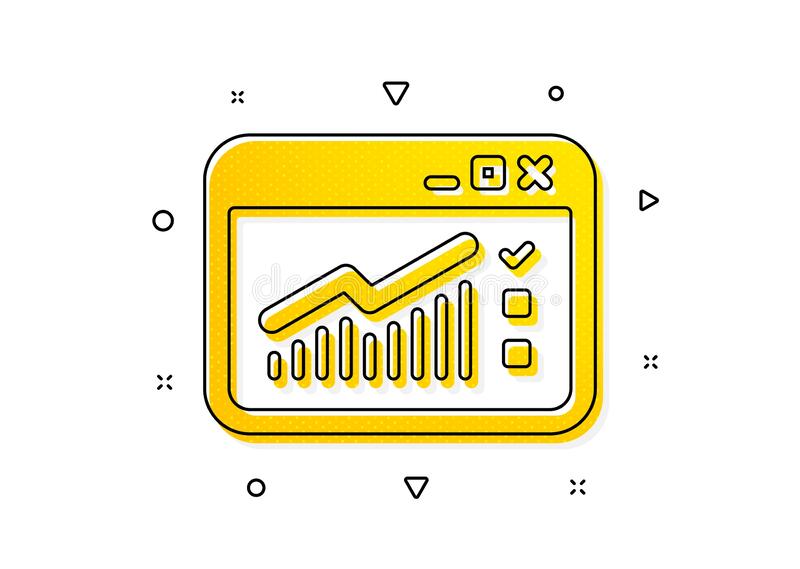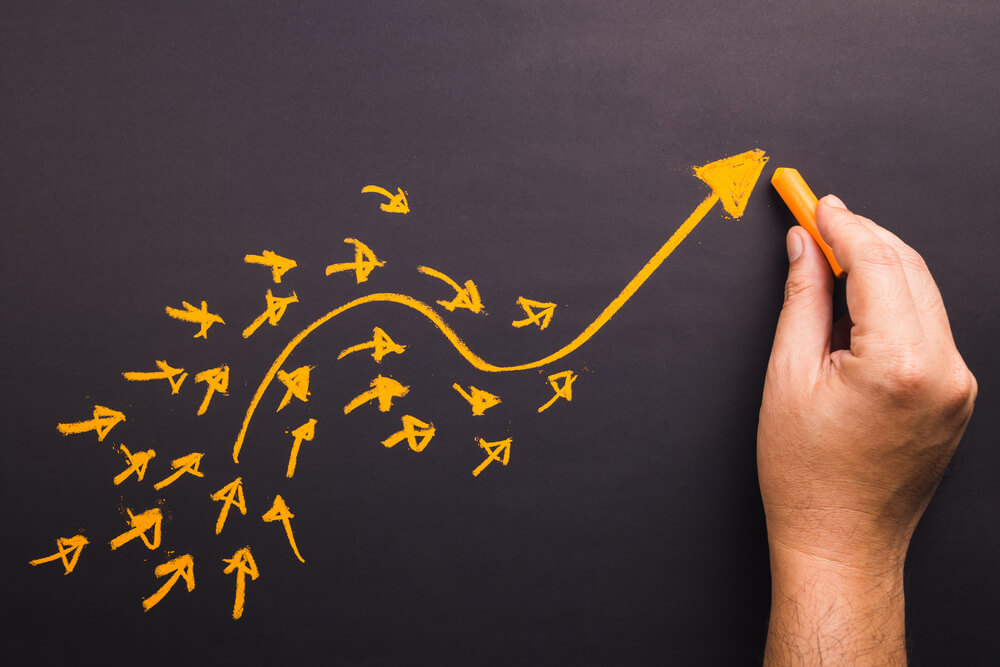In this digital age, digital advertising and marketing have become more prominent than ever.
More businesses are turning towards digital channels to increase their reach, brand awareness, and revenue.
However, not everyone is aware of how the digital advertising and marketing funnel works.
In this easy guide, we’ll walk you through the 10 steps to create a successful guide to digital advertising and marketing funnel to boost your business.
Now that you know how advertising and marketing channels, you can make use of these 10 actions to produce your electronic marketing channel.
Guide To Digital Advertising And Marketing Funnel in 2024
Step 1: Define Your Target Audience
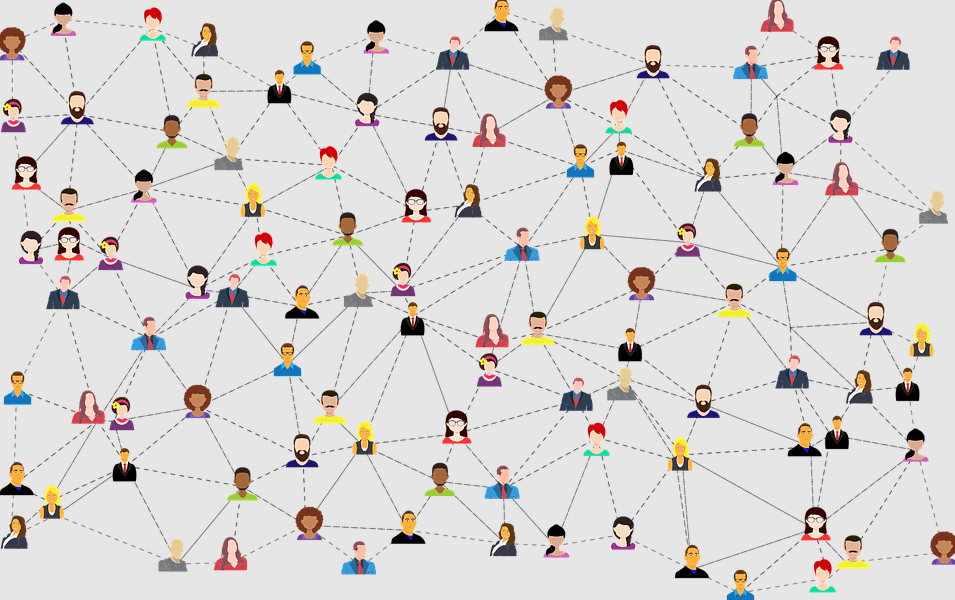
The first step towards creating a successful advertising and marketing funnel is to define your target audience.
You need to identify the demographics, interests, behaviors, and buying habits of your ideal customer.
This process may involve market research, customer surveys, and analysis of your existing customer data.
Step 2: Set Clear Goals
Once you have defined your target audience, you need to set clear goals for your funnel.
You should know what you want to achieve through the funnel, whether it’s brand awareness, lead generation, or sales.
Setting clear goals will help you measure the success of your funnel.
Step 3: Create An Attractive Offer
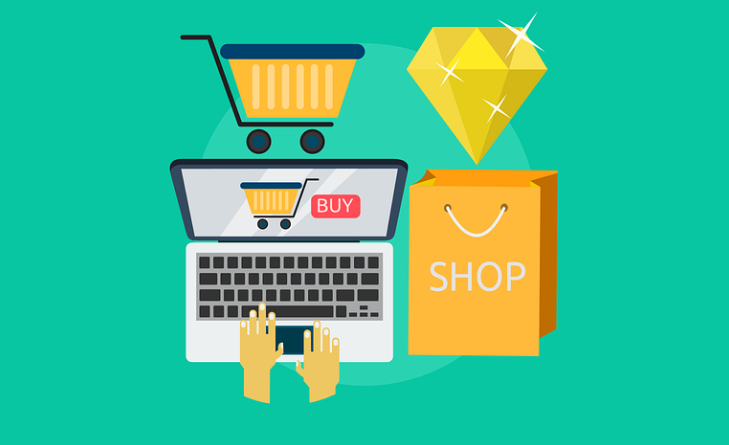
The next step is to create an attractive offer for your target audience.
The offer should be appealing enough to grab the attention of your potential customers and encourage them to take action.
This can be in the form of a free trial, discounted price, or bonus items.
Step 4: Design A Landing Page
When your offer is ready, it’s time to design a landing page.
The landing page should be designed keeping in mind the target audience, goals, and offer.
An effective landing page will have a clear and concise headline, an attractive offer, and a call to action.
Step 5: Drive Traffic To Your Landing Page
Once your landing page is ready, the next step is to drive traffic to it.
You can use various channels like social media, search engines, display ads, and email marketing to bring visitors to your landing page.
You need to ensure that the traffic you’re driving is relevant to your offer and target audience.
Step 6: Capture Leads
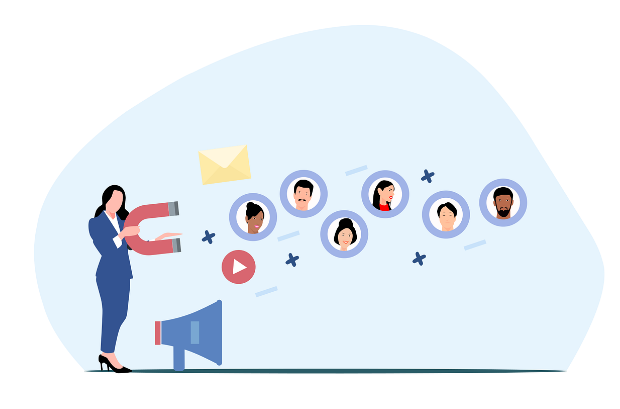
When visitors land on your landing page, you want to capture their contact information.
This will enable you to follow up with them and nurture them through the funnel.
You can use lead magnets like e-books, webinars, or exclusive content to entice visitors to provide their contact information.
Step 7: Nurture Your Leads
Once you have captured your leads’ contact information, you need to nurture them through the funnel.
You can use email marketing, retargeting ads, and other tactics to keep them engaged and interested in your offer.
You should provide them with relevant and valuable content to build trust and establish credibility.
Step 8: Convert Leads Into Customers
The ultimate goal of your advertising and marketing funnel is to convert your leads into customers.
You should have a well-defined sales process in place to convert your leads into paying customers.
This can involve providing a personalized experience, offering a free trial or demo, and providing adequate support and service.
Step 9: Measure Your Success
Once you have converted your leads into customers, it’s time to measure your success.
You should track various metrics like conversion rates, cost per lead, and revenue generated to evaluate the success of your funnel.
This will help you identify areas for improvement and optimize your funnel for better results.
Step 10: Continuously Optimize
The final step is to continuously optimize your funnel for better results.
You should monitor your metrics regularly and make necessary adjustments to improve your conversion rates and ROI.
You can test different elements of your funnel like headlines, offers, and call-to-actions to find out what works best for your target audience.
FAQs
Why is a marketing funnel important? 📈
It helps businesses understand the customer journey, optimize their strategies, and increase conversions.
What are the stages of a digital marketing funnel? 🚶♂️🚶♀️
The main stages are Awareness, Interest, Consideration, Intent, Evaluation, and Purchase.
How do I create awareness for my product? 👀
Use social media, content marketing, and online ads to reach a broad audience and let them know about your product.
What’s the best way to close the sale? 💵
Make the purchase process easy and provide incentives like discounts, free shipping, or bonuses.
How can I retain customers after the sale? 🤝
Keep in touch with excellent customer service, follow-up emails, loyalty programs, and asking for feedback.
What is the intent stage? 💡
This is when potential customers show signs of wanting to buy, such as adding items to their cart or signing up for a demo.
Quick Links:
- How To Build Content Marketing Funnel?
- Content Marketing Strategies That Will Grow Traffic
- TheFellasAds Review
Conclusion: Guide To Digital Advertising And Marketing Funnel
Creating a successful digital advertising and marketing funnel may seem daunting at first, but following these 10 steps can make the process a lot easier and more effective.
Remember, it’s all about defining your target audience, setting clear goals, and creating an attractive offer and landing page that resonates with your audience.
By continuously optimizing your funnel, you can improve your conversion rates and generate more revenue for your business.

